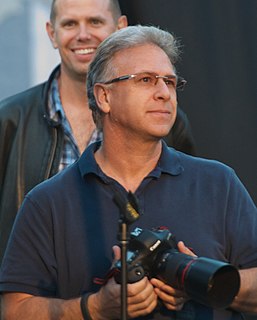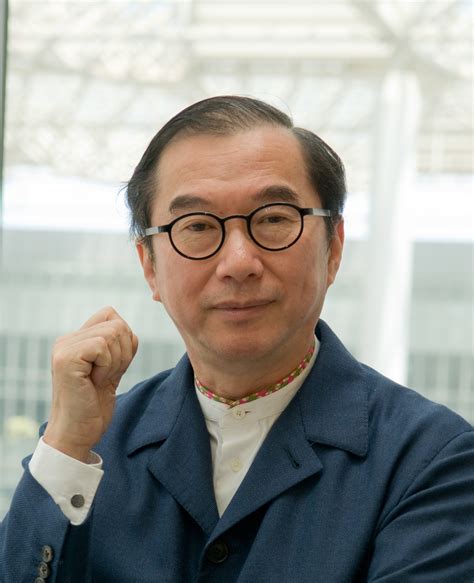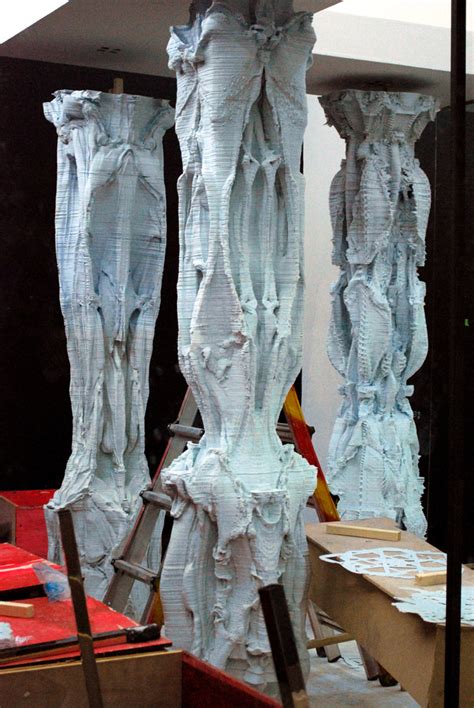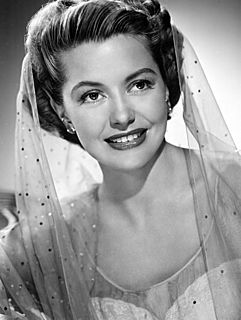A Quote by Jeff Kinney
I draft on the computer. I have a really giant screen that attaches to my laptop, and then I have a humongous digital drawing tablet called a Cintiq. It sits at all different angles, and it's so big that it would take two people to move it.
Related Quotes
Every disruptive innovation is powered by a simplifying technology, and then the technology has to get embedded in a different kind of a business model. The first two decades of digital computing were characterized by the huge mainframe computers that filled a whole room, and they had to be operated by PhD Computer Scientists. It took the engineers at IBM about four years to design these mainframe computers because there were no rules. It was an intuitive art and just by trial and error and experimentation they would evolve to a computer that worked.






































